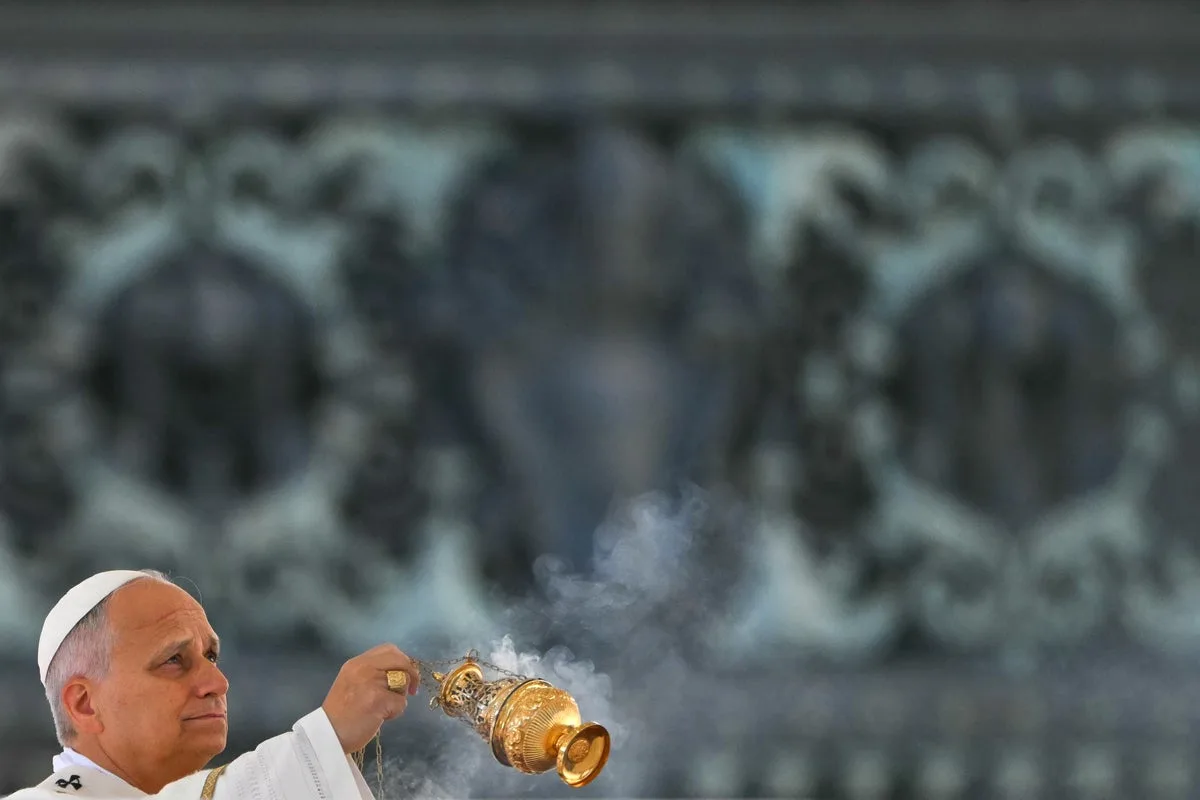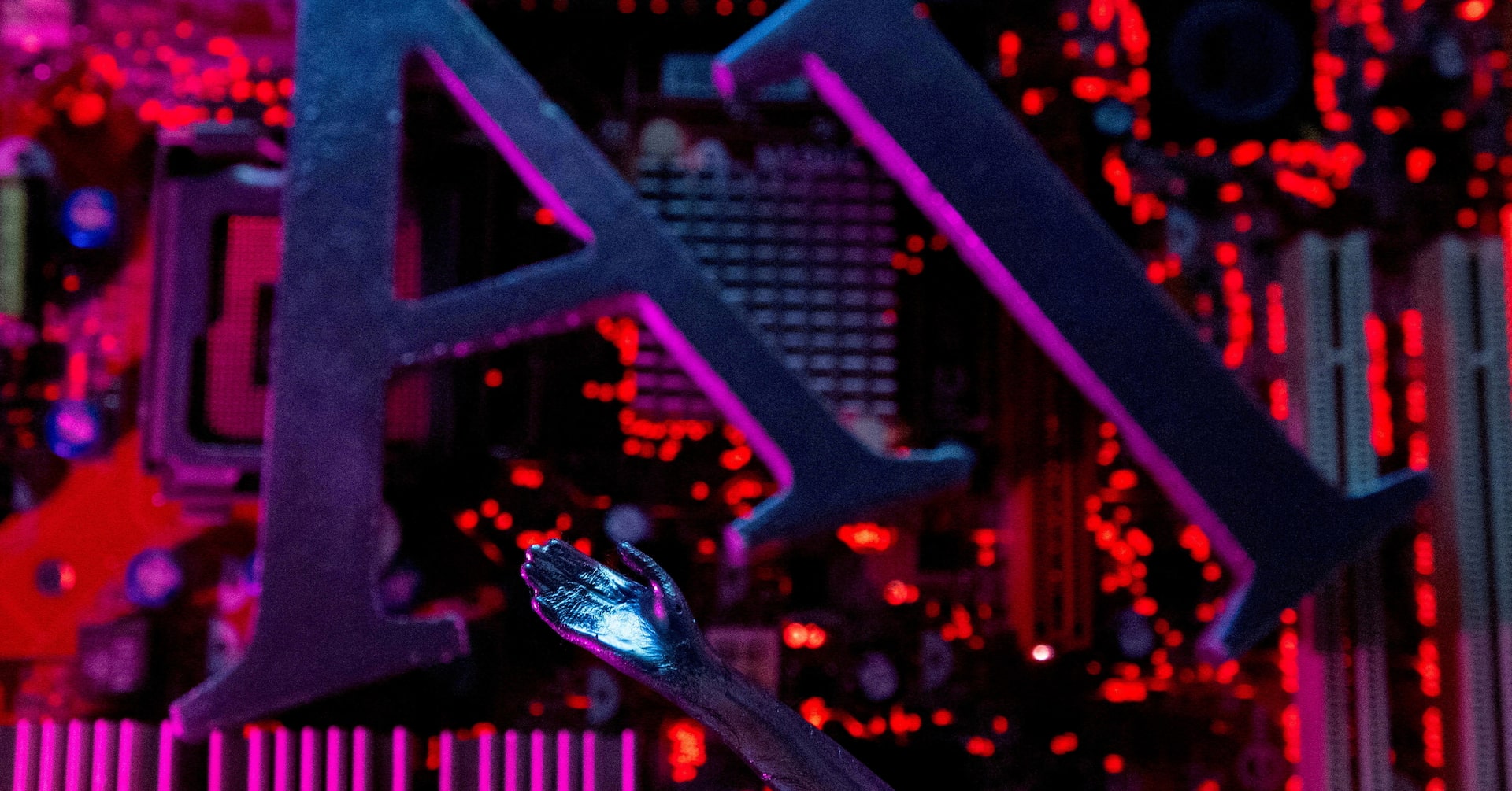Copyright yahoo

Pope Leo XIV has bestowed one of the Catholic Church’s most esteemed accolades upon St. John Henry Newman, the influential 19th-century British convert and theologian. Mr Newman has been declared a Doctor of the Church, an honour that also positions him as a model for Catholic educators. This rare distinction places Mr Newman among an elite group of just 37 individuals in the Catholic Church’s 2,000-year history, joining monumental figures such as St. Augustine, St. Therese of Lisieux, and St. John of the Cross. The title acknowledges Mr Newman’s universal appeal and his profound, enduring contribution to the understanding of Christian faith, a legacy cherished by both Anglican and Catholic communities. A theologian and poet who began his spiritual journey within the Church of England, Mr Newman is widely recognised for his extensive writings and sermons exploring the development of doctrine, the nature of truth, and the role of a university. His decision to convert to Catholicism in 1845, made at significant personal expense and guided by his conscience, has earned him admiration across both conservative and progressive theological spectrums. Leo formally bestowed the honour on Mr Newman on Saturday during a special Holy Year Mass for Catholic educators and students, during which he also declaredd Mr Newman a co-patron of Catholic education, alongside St. Thomas Aquinas. It was particularly fitting: It was Leo’s namesake, Pope Leo XIII, who made Mr Newman a Catholic cardinal after his conversion, and it was the earlier Leo who declared Aquinas a doctor of the church and patron of Catholic education. Leo’s decision to hold out Mr Newman as a model for Catholic educators and students suggests that Catholic teaching will be a priority for him going forward, especially as he emphasises the ethical use of artificial intelligence for future generations. Earlier this week, Leo penned a new document that cited Mr Newman in his call for Catholic schools to be places for spiritual growth and community, and where the use of technology always keeps human dignity front and centre. The Catholic Church is one of the world’s leading players in education, operating more than 225,000 primary and secondary schools and enrolling some 2.5 million students at Catholic universities around the globe, according to Vatican statistics. Leo was educated by the Augustinians, taught math and physics, and is a member of the Augustinian religious order, which places a special emphasis on St. Augustine’s search for truth and the command “Tolle, lege” (“Take up and read”). The Rev. George Bowen, the postulator who oversaw Mr Newman’s canonisation and designation as a doctor, said Mr Newman too was confronted with the 19th-century equivalent of the information age, when cheap periodicals were readily available and reading rates shot up. Mr Newman insisted on the need for a liberal education that included Catholic theology, but also focused on students and teachers interacting in a relational way in the quest for truth and knowledge. “Suddenly, the world was swimming with information,” Rev. Bowen told reporters. “So Newman’s ways of coping with this huge ocean of knowledge and making sense of it, having a connected view, is something very, very relevant today.” Mr Newman was born in London in 1801 to an Anglican family and was ordained an Anglican priest in 1825, assigned to minister to students at the University of Oxford. There, he and other friends started the Oxford Movement to counter the trend of religious liberalism on English universities, and he became known as the lead proponent of the “High Church” tradition. When Newman defected from the Church of England to the Catholic Church in 1845, he lost friends, work and even family ties, believing the truth he was searching for could only be found in the Catholic faith. Even today, he remains beloved in the Church of England, such that his hymns were sung last week in the Sistine Chapel when King Charles III prayed alongside Leo in the historic ecumenical service. Several important Anglican leaders wrote to the Vatican, supporting his designation as a church doctor, and the Anglican archbishop of York was invited to participate in the service on Saturday. “Newman is a big ecumenical figure in the sense that he owes his faith to his upbringing in the Church of England,” Rev. Bowen said.



